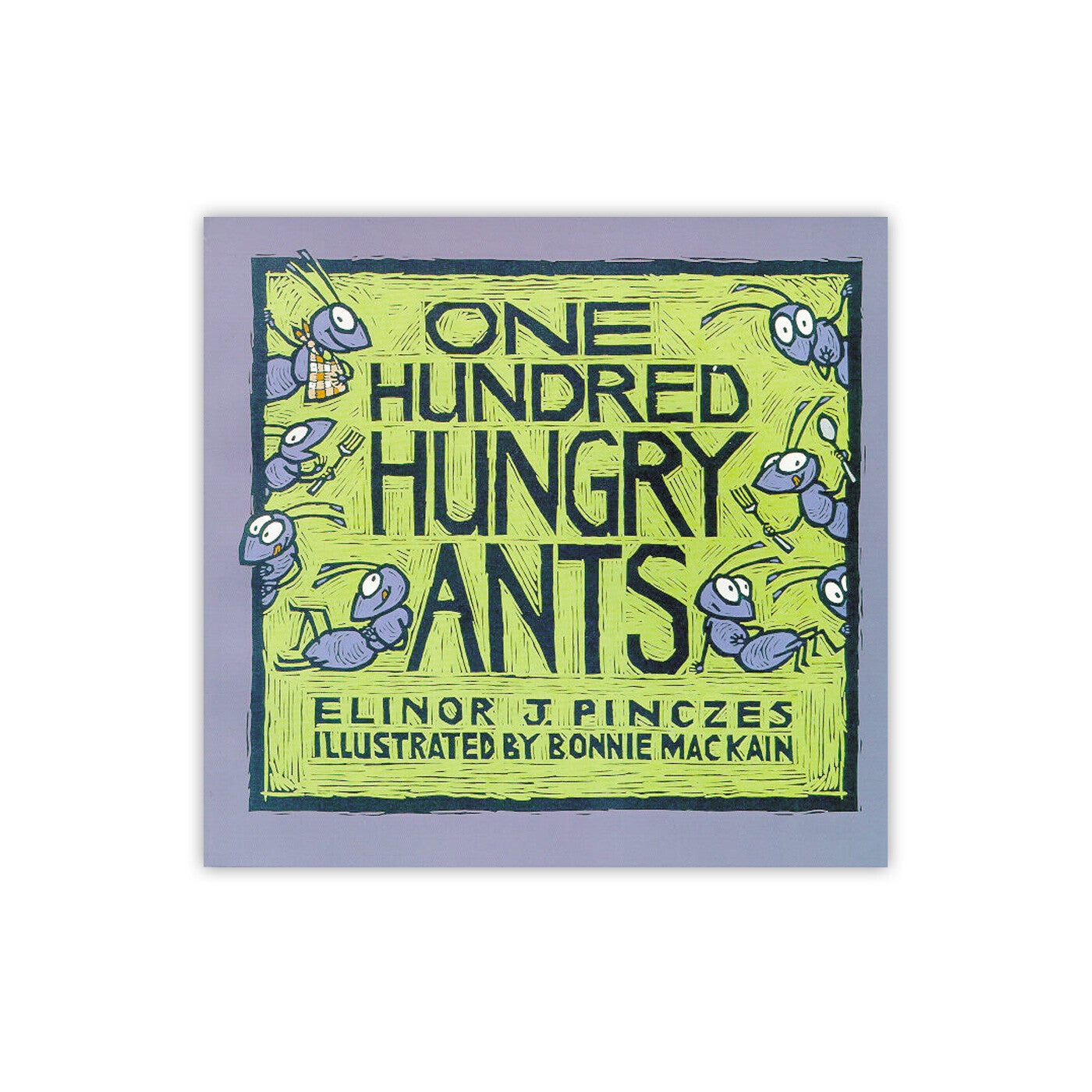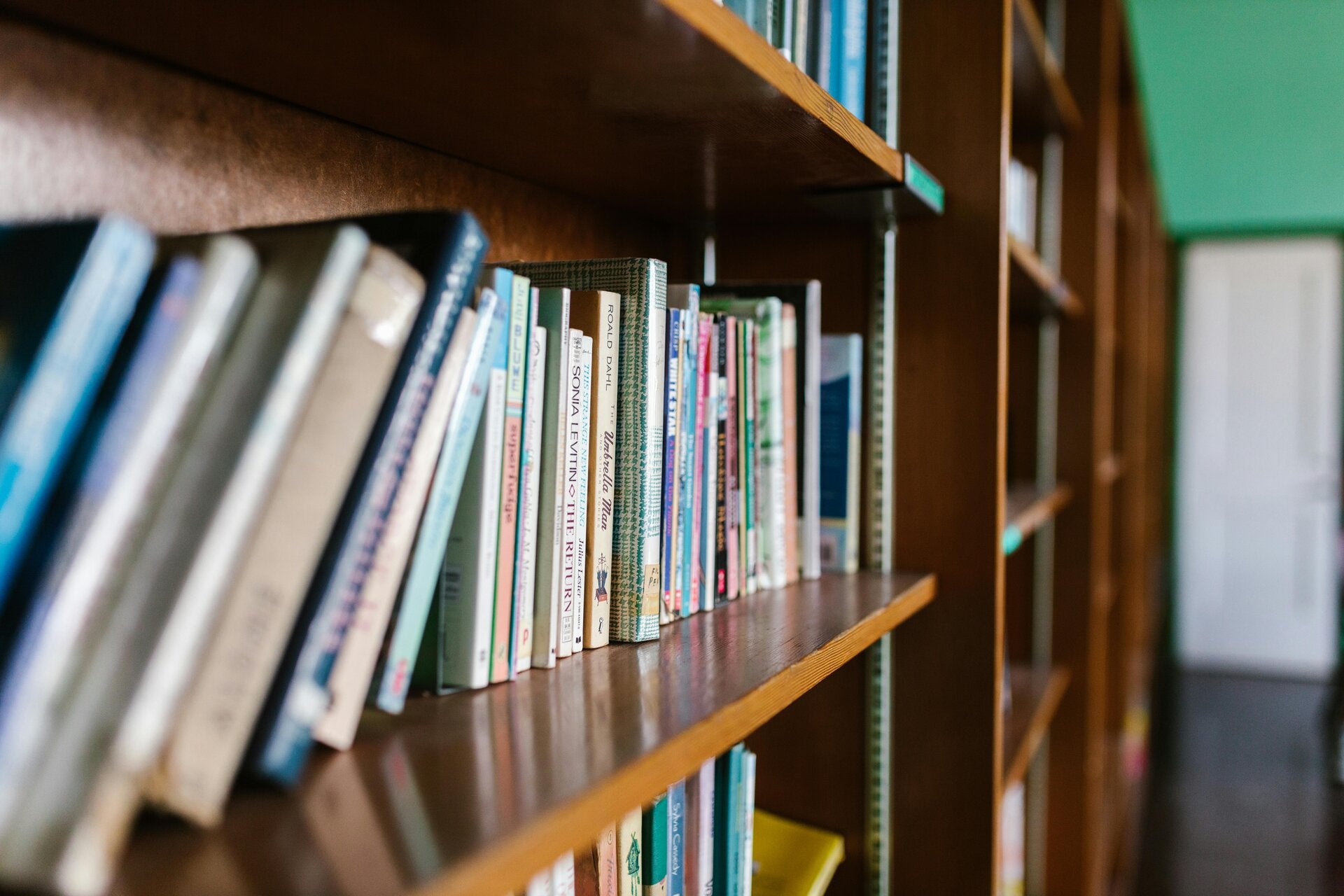Children's Book - At Home Read Alouds
This short, rhythmic story that illustrates composing and decomposing the number 100, grouping, arrays, factors, and efficiency — concepts that can be explored at multiple levels (counting/place value for early grades; arrays/factors and problem solving for upper elementary). It’s widely used in classrooms as a launchpad for hands-on math activities. Harper

Activities to Incorporate Reading & Math Skill Development at Home
K–2 (early numeracy / counting & place value)
Read-aloud + “ant counters” use a 100-bead string or 100 small counters (beans, buttons) to help children make groups of 10 and count by tens to 100.
Grades 3–5 (multiplication, arrays, factors)
For a culturally responsive angle: create a simple family recipe or food item and explore how ingredients could be grouped or shared equally (e.g., if a recipe serves 100 dumplings, how to arrange or share them). This connects math to culturally meaningful practices like cooking, markets, or celebrations.
Grades 6–8 (algebraic thinking, optimization, proportional reasoning)
Discuss real-world examples of grouping/efficiency in your lives (workplace, family events, public transit) and have students translate those stories into simple mathematical models (ratios, proportional reasoning). Activities like this encourage inclusion of family members’ cultural perspectives when describing everyday processes and links values to community knowledge. MathsThroughStories.org

Michigan Science Center (Mi-Sci)
Mi-Sci offers hands-on STEM/mathematics exhibits, educator guides, traveling outreach programs, and free/low-cost resources designed to reach schools and families across metro Detroit. Their educator programs and outreach (in-museum group visits, traveling workshops, ECHO distance learning, and @Home Science resources) make math visible and tactile.
Mi-Sci emphasizes inclusivity and school partnerships to reduce barriers (transportation, cost, curricular alignment) and provides teacher supports to connect museum experiences to classroom standards. This helps equalize access by offering high-engagement, standards-aligned math experiences to students across districts.

Detroit Public Library
Family math resources & community programming
Detroit Public Library branches run family programming such as math focused story times, Odd Squad / PBS KIDS math events, and provide free digital learning resources like ABCmouse, for young learners. They also have a supply of mathematical materials families can borrow.
Libraries reduce economic and access barriers by offering no-cost learning experiences, lending, and family workshops that teach caregivers how to support math learning at home. Their summer reading/learning events often include math literacy ties that are family-friendly and culturally inclusive.

Detroit Educational Takeover Initiative
This local community organization publicly lists free math tutoring for K–8 and partners with volunteers and local educators to provide direct academic support.
Community tutoring programs like this increase equity by offering individualized, low- or no-cost tutoring, small-group instruction, and supplementary supports for students who lack access to paid tutoring or enrichment. These programs also often engage families and mentors from the community, which supports culturally relevant relationships and sustained learning.
Create Your Own Website With Webador